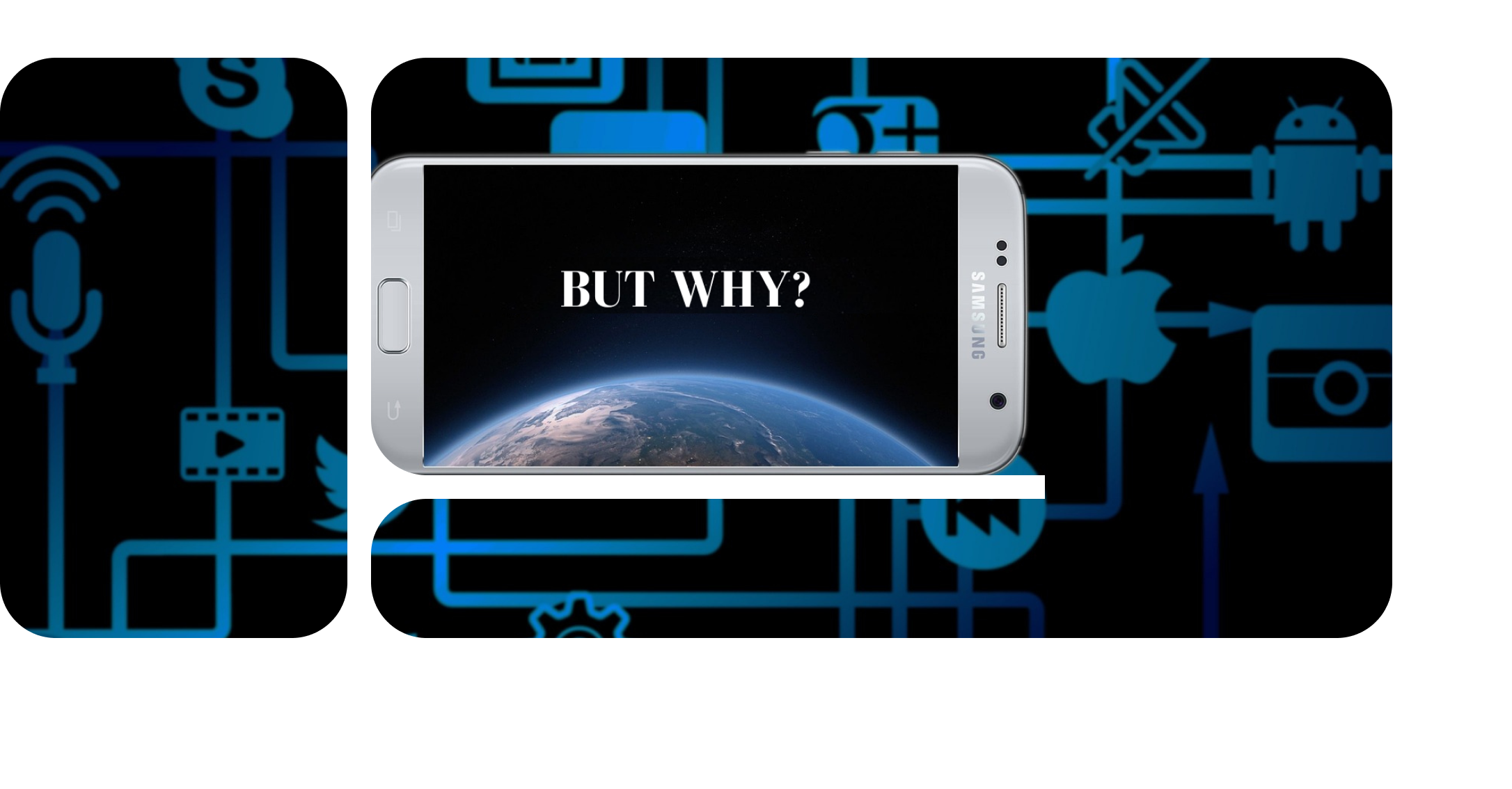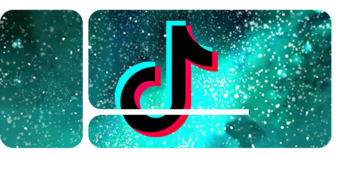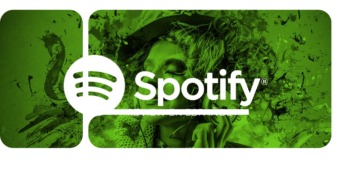Industry Groove – Week 34

Putin’s soldiers have the “Z”, Elon Musk turns Twitter into “X”, and we are wondering “Y”. If Musk continues in this way, there is certainly a risk that “X” could become a network comparable to Trump’s Truth Social, which is entirely centered around one person and targets a very specific audience. For now, Twitter is clearly on the decline, but it has by no means lost all its relevance and remains an important source, especially for journalists. However, one can wonder how much longer this will be the case. Equally uncertain is whether Threads will be able to benefit from the weakening of Twitter, sorry “X”. It doesn’t seem that way at the moment. An interesting thought was recently published in a Swiss daily newspaper: “Will Twitter and Threads become what Fox News and MSNBC are in the United States, i.e., opinion platforms for their respective political camps?”
What predominantly unites the opposing camps is their aversion to TikTok. (Sidenote: Recently, TikTok has also been banned on the devices of New York City employees due to security concerns.) It will be interesting to observe how TikTok’s previously meteoric journey continues. Despite many people not wanting to admit it, TikTok is one of, if not the most important source of information for the younger generation. However, in this newsletter, our main interest lies in how TikTok is positioning itself in the music industry, and here too, there are still many unanswered questions, as the following article illustrates.
TikTok and its relationship with the music industry
- In the article, MBW points out that TikTok is slowly maturing. Similar to other tech companies before them, with the most prominent example being YouTube, TikTok has realized that it must play by the rules when it comes to music rights. The deal with Warner Music indicates this, at least to some extent.
- Although the details of the deal remain confidential, it can be assumed that Warner will no longer accept the previous lump sum payments.
- The same applies, of course, to other major players like Universal, Sony, or Merlin. However, much remains unclear in this regard, leaving the relationship between TikTok and the music industry still uncertain. Especially concerning the expansion of TikTok Music, this is certainly not a satisfying starting point.
- TikTok’s ambitions are clear: they want to be not only culturally relevant to the music industry but also an integral part of it. They make this evident not only with TikTok Music but also with Ripple or SoundOn.
- A company that sees itself as such an essential part of the music industry and has over a billion users can’t possibly distribute less to the music industry than Peloton, with its 5.9 million users. This should be clear to all parties involved, and the deal with Warner is now a first step.
- Once all the major players in the music industry have secured new contracts with TikTok, it is immensely important to be transparent with the artists so they know how revenues are generated, how they are calculated, and what their share is.
- TikTok’s Head of Music, Ole Obermann, recently discussed the synergies between TikTok and TikTok Music in an interview. Obermann announced that they will create some amazing bridges between the two apps. For example, the recommendations on TikTok Music are expected to be strongly influenced by the music preferences shown on TikTok. However, the influence is meant to go both ways, allowing users, for example, to directly create videos from the songs in their playlists. This is intended to create a loop between the two apps, and I have repeatedly emphasized that this could be one of the great advantages of TikTok Music.
- Lastly, this update: TikTok now features advertising in search results. While not necessarily pleasant for users, it’s certainly very interesting from the perspective of advertisers, including within the music sector.
How misaligned incentives make the music business a zero-sum game
- Lately, much has been written about the dwindling number of true superstars and the difficulty of standing out from the ever-growing mass. Various analyses have been presented to explain the situation we find ourselves in.
- The latest article from MIDiA reveals that misaligned incentives are leading to negative outcomes across labels, DSPs, and even among the artists themselves.
- Labels are under pressure to either maintain or expand their market share. As listeners increasingly spread across countless niches, labels are leaning more toward artists who have gone viral rather than focusing on long-term artist development. Due to the fragmentation of the audience, labels are clutching desperately to anything that has gained even a hint of virality.
- DSPs face the challenge that the majority of their revenue, around 70%, goes to the rights holders of the music. Licensing music is expensive, especially music from established labels. As a result, it’s financially beneficial for DSPs to promote “cheaper” music like royalty-free songs, mood music, or even tracks generated by AI. The consequence: both labels and artists suffer, and the quality of music on DSPs noticeably declines.
- For many artists, the goal is to make a living from their art. However, many soon realize that the money they receive from DSPs is not sufficient for this purpose. As a result, DSPs might not necessarily be a top priority anymore. They continue to upload their music to streaming platforms, of course, but promotion and monetization increasingly occur elsewhere. This leads to a decline in the cultural capital of DSPs, and other avenues emerge for connecting with fans. Notably, managing numerous channels often leads many musicians to experience burnout.
- As one can observe, each stakeholder is grappling with their own issues, and an improvement for one party usually means a loss for another.
- For MIDiA, it’s clear that the economics of streaming must undergo fundamental changes to break free from this negative cycle. Countless artists have been demanding this for quite some time, and Universal Music has also been pushing for a new streaming system this year. When we might see initial results remains to be seen.
- However, we should stop comparing today’s situation to a past where global superstars dominated the scene. Their era is coming to an end, making room for more mid-sized stars with extremely loyal fan bases.
- Tatiana Cirisano even goes as far as recommending that emerging artists should avoid having a viral moment, as it might not necessarily provide the best foundation for a long-term career. Instead, the industry should return to the practice of patiently building up musicians before they fully take off. Food for thought!
YouTube and Universal Music collaborate for AI incubator
- There’s movement in the relationship between the music industry and AI. Recently, I reported that the major players Universal and Warner are collaborating with Google. Now, it’s been revealed that Universal is also partnering with YouTube, which is also a part of Google, to jointly develop tools in the field of AI.
- These tools are intended to provide secure, responsible, and ultimately profitable opportunities for music rights holders, writes Universal CEO Lucian Grainge in a guest post on the YouTube Blog.
- YouTube CEO Neal Mohan has also authored a blog post outlining the three principles that will guide them in the development of new AI tools.
- Principle #1: AI is here, and we will embrace it responsibly together with our music partners.
- Principle #2: AI is ushering in a new age of creative expression, but it must include appropriate protections and unlock opportunities for music partners who decide to participate.
- Principle #3: We’ve built an industry-leading trust and safety organization and content policies. We will scale those to meet the challenges of AI.
- A new type of Content ID that recognizes Deepfakes and monetizes them for the artists is already being discussed.
- Furthermore, this won’t be a unilateral effort by YouTube and Universal. Other industry stakeholders are invited to participate as well.
- However, at present, it seems that Universal and Google are taking the lead together to advance the regulation and monetization of AI-generated music. Whether this is beneficial for artists when the world’s most powerful company and the largest music company join forces at the forefront is certainly a topic open for discussion. Initial critical voices are already emerging, and this is also necessary and important!
Bonus Reads
- This article from Billboard demonstrates that in the past, it was primarily the industry that was interested in the charts, and labels wanted to push their acts onto the charts. However, increasingly, super fans are now taking on this role, using (almost) all means to do so.
- Wired takes a look at HipHop in 2073, when it will celebrate its 100th birthday. Of course, this is science fiction and undoubtedly scary, but in a certain way it is also hopeful.
- This year, we are celebrating HipHop and its legends. But Billboard wonders who the future legends will be and who will drive HipHop forward in the coming years. They do not only focus on artists, but also list songwriters, producers, and people who work behind the scenes. In the end, the list will include 50 names. The first 10 can be found here.











